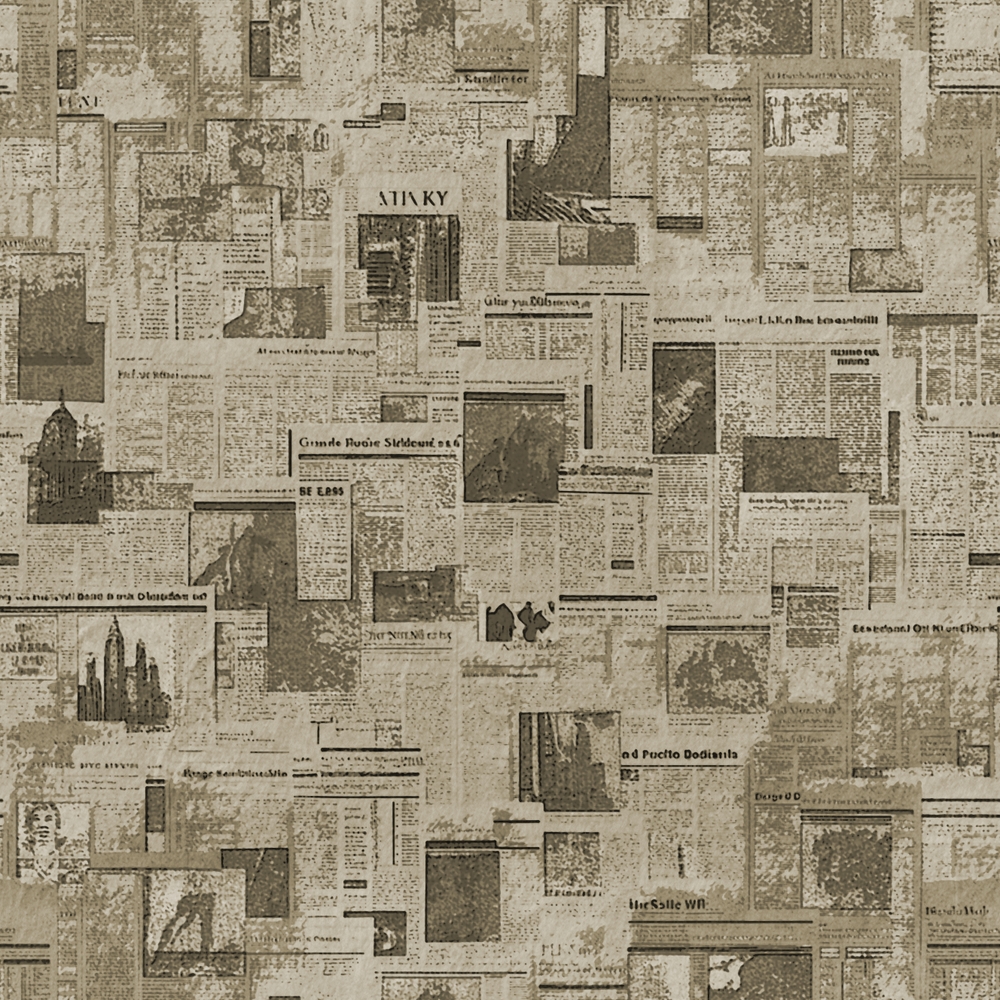Tish’ah B’av – The Powers of Yom Kippur
Tish’ah B’av is the saddest day in the Jewish calendar on which we mourn the destruction of the Holy Temple. Yet, we find that this day is called a Moed, which is a term used for the holidays, and therefore has certain laws that holidays do (see Shulchan Aruch, Orach Chaim, 559:4). This strikes us as a most perplexing concept. How can the saddest day, on which we mourn great tragedies, be compared to a holiday?
For most people, Tish’ah B’av and the weeks of mourning which lead up to it is just a difficult period with various restrictions which we need to just get through, and are happy when it is over. Rabbi Yisroel Salanter had a different view. He made a most remarkable statement and said that a person can utilize the Day of Tish’ah B’av to elevate himself spiritually as high as he can on Yom Kippur – the most elevated day of the year!
How can Tish’ah B’av raise a person the way Yom Kippur does? Yom Kippur is a very inspirational day on which we focus on Teshuvah (repentance), prayer and commitment to improve. All in all, it’s a most uplifting day, engulfed in holiness. Tish’ah B’av, on the other hand is a sad day, a day with an air of discouragement, on which we focus on the tragedies our nation has suffered. What do the two days have in common?
What are we mourning?
We must first take a step back and ask ourselves, what is the purpose of these days of mourning? What is the point of focusing on our losses and being sad? Moreover, nowadays we often have trouble relating to the loss of the Holy Temple, and we try hard to feel saddened by its absence. Why did our Sages find it important to work on being sad?
Rabbi Chaim Friedlander (Sifsei Chaim, Moadim Uzmanim Vol. 3, p. 299-302) explains the meaning of these days as follows: The main tragedy that we are mourning is the loss of closeness to God and the lack of God’s glory. The destruction of the Holy Temple is not about the physical edifice we are missing, but about how we are thereby cast far from God. We cannot begin to fathom the tangible closeness to God we enjoyed in those times. It was a source of the greatest happiness possible. And now with the destruction and exile, the Glory of Heaven has plummeted along with it.
Missing God’s Glory creates a connection
The job of these days is to show that we care. The weeping is to demonstrate that this loss is something meaningful to us. It is our business to go out of our way to try to feel the pain to some degree in order to show that this is something we care about. The mourning is an expression of appreciation of our loss and the fact that we are disturbed by the fact that God’s glory is missing greatly.
Focusing on our spiritual loss and grieving the lack of honor to Heaven is in itself a tremendous accomplishment. It creates a yearning for the restoration of the Holy Temple and having God’s glory spread upon the world. Expressing these feelings is already an act of bringing honor to Heaven, and creates an elevated connection to God. This is how a person can utilize this time to reach high spiritual levels. This is how this day can become a day of special closeness to God, as we do through happy times on our holidays.
It’s not so easy to get into the spirit of Tish’ah B’av. We never witnessed the glory which was lost and it’s difficult to feel the pain of the lack of something we never experienced. Instead of just going through the motions of adhering to the laws and customs practiced on this day, we should put conscious effort into utilizing this day. This period of time presents an opportunity for tremendous growth. The restrictions and acts of mourning we practice on these days are not ends to themselves. They are means for us to help us feel the loss we suffer.
I Can’t Feel the Ashes
The Baba Sali had a barber he would visit frequently. One time, when he needed a haircut, his barber was out of town. The Baba Sali seemed quite distressed about the fact that his haircut would have to be delayed. People were surprised and asked him what was the big deal about waiting a few more days to take a haircut. The Baba Sali answered them that he says Tikun Chatzos (a special prayer about the destruction and exile) daily with ashes on his head (as an act of mourning), and with his hair long, he wouldn’t be able to feel the ashes.
On Tish’ah B’av we have a sacred task; an opportunity for us to take advantage of by getting involved in the mourning, contemplating our spiritual loss and the diminished glory of Heaven. Even if we don’t succeed in bringing ourselves to tears, to whichever degree we feel the loss we have accomplished a great deal. There is so much we can gain from this special day if utilized, and every bit of effort we put into feeling the pain of this day is extremely valuable.
by Rabbi Yitzchok Aryeh Strimber torah4every1@gmail.com


